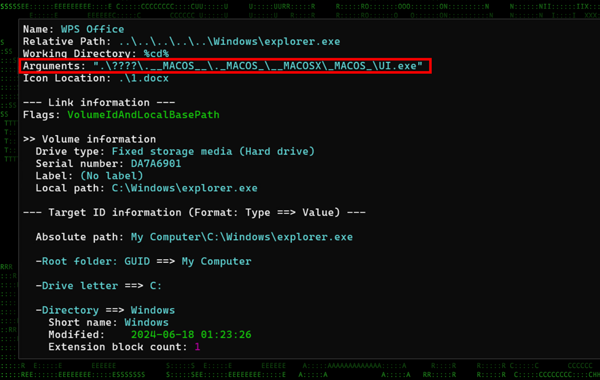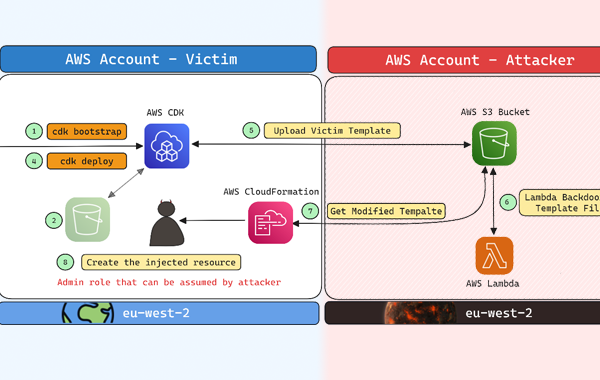
From Breach to Recovery: Designing an Identity-Focused Incident Response Playbook
Imagine this… You arrive at work to a chaotic scene. Systems are down, panic is in the air. The culprit? Not a rogue virus, but a compromised identity. The attacker is inside your walls, masquerading as a trusted user. This isn’t a horror movie, it’s the new reality of cybercrime. The question is, are you…











![Microsoft Warns of ClickFix Phishing Campaign Targeting Hospitality Sector via Fake Booking[.]com Emails](https://sec.ictug.net/wp-content/uploads/2025/03/storm-pSV8BQ-600x380.png)


